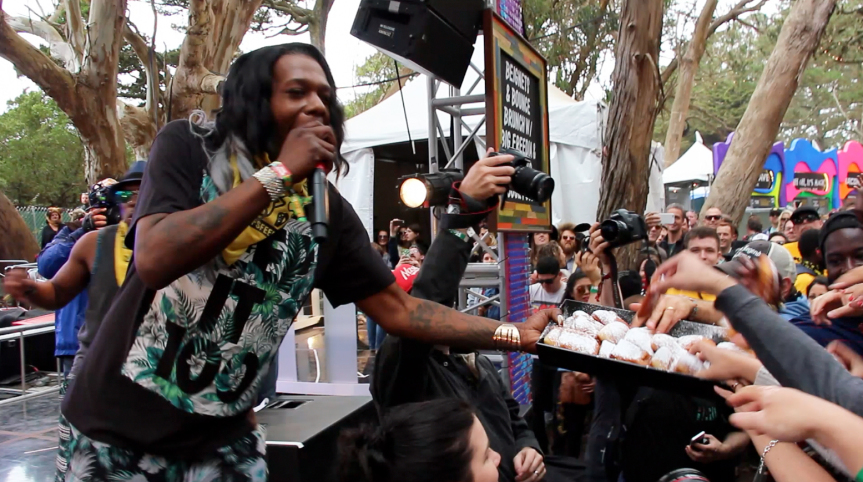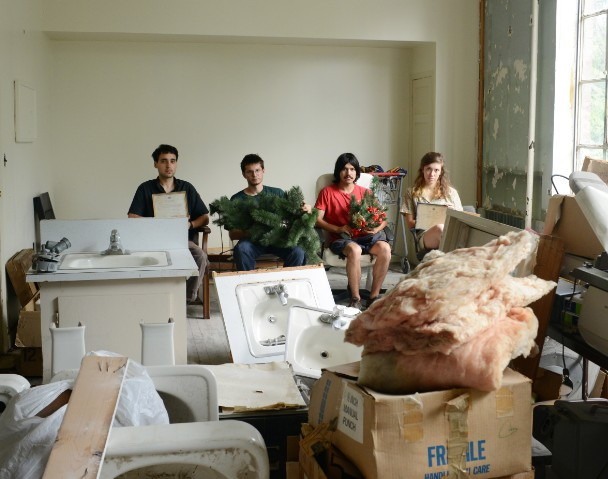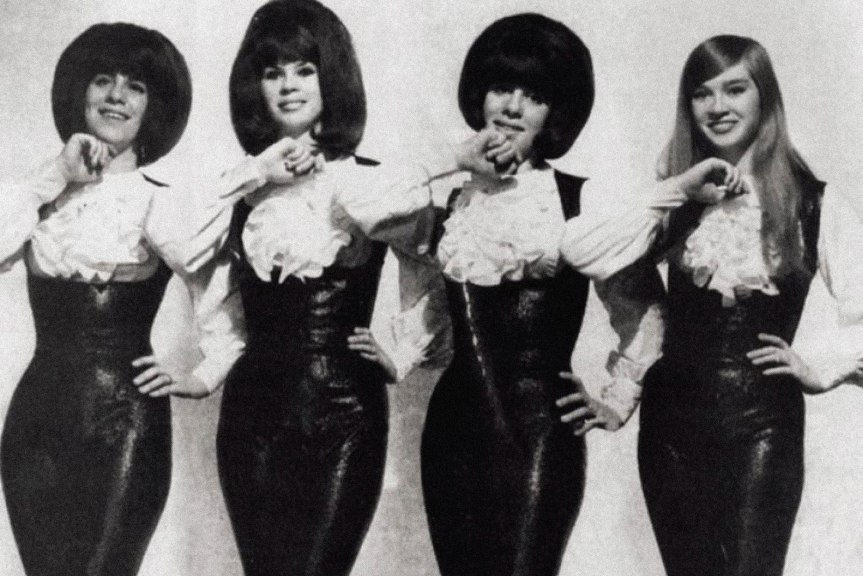IT Director Sufi K discusses how queer artists performing at Hopscotch have and continue to revolutionize music and culture.
With all the controversy that NC has caused within the past year regarding HB2, there are several artists that Hopscotch has invited that clearly defy expectations of what queer subcultures in the South look like, and how inventive and revolutionary queer artists can be given the circumstances that the South often presents in terms of racial discrimination and discrimination on the basis of gender identity and sexuality. Here are three artists I am more than excited to see this year who have built upon and most certainly revolutionized musical traditions in the South.
Big Freedia

Big Freedia, a gender non-conforming artist hailing from New Orleans, is a pioneer in the state’s Bounce music scene. She recently made headlines because of her conviction for theft of federal funds, which speaks to the iniquity of the federal housing system and the New Orleans housing crisis, as described in
this Pitchfork article. Freedia, having survived Hurricane Katrina, and the recent deaths of her mother and boyfriend, has experienced her share of hardship, however, she triumphed in the New Orleans Bounce scene, collaborating with Lil’ Wayne, and eventually reached mainstream status, touring with Matt & Kim, performing at Art Basel, appearing on the HBO show
Treme and, most notably, being sampled in Beyonce’s “Formation”, as well as being featured on her tour of the same name. Big Freedia’s music has an energy about it that leads people to take ownership of their sexuality, is loud, bodacious, and is incredibly infectious; her songs, especially on her 2014 record
Just Be Free remind me of battle songs, but in this case, the battle is dancing, taking ownership of who you are on the floor, and never being afraid to be who you are, especially when the circumstances dictate otherwise.
Lavender Country

Although Lavender Country aren’t necessarily from the South, they are credited with creating the first country record centered around issues concerning the gay community. This record, first released in 1973 and recently reissued, has been archived at the National Country Music Hall of Fame in Nashville. This record subverts country music’s often-traditionally gendered language, speaks openly about gay sexuality, and laments the injustices brought forth upon the gay community at a time when people still feared being out as gay. This, in addition to frontman Patrick Haggerty’s rural background, changes the diversity of experiences often found in the rural United States, especially since it is often viewed as anti-progressive or archaic in its values. Lavender Country’s envelope-pushing, in turn, has also given rise to a country music association for gay and lesbian country musicians, countless more country musicians that followed in Lavender Country’s footsteps, and a realization that the country music experience, the southern experience, and the queer experience are not singular or unilaterally defined. An indelible quote from Haggerty’s father, a dairy farmer, best describes this experience:
“Now, I’m gonna tell you something today, and you might not know what to think of it now, but you’re gonna remember when you’re a full-grown man: Don’t sneak. Because if you sneak, like you did today, it means you think you’re doing the wrong thing. And if you run around spending your whole life thinking that you’re doing the wrong thing, then you’ll ruin your immortal soul.”
Young Thug

Although Young Thug has garnered some controversy over his choice of dress on the cover of his new EP, he’s been dressing this way for quite a while (since the age of 12), and has discussed his notions of gender identity in a recent campaign for Calvin Klein, in which he states “In my world, you can be a gangsta with a dress or you can be a gangsta with baggy pants. I feel like there’s no such thing as gender.” This is incredibly important, especially for the black community, where expression can often be limited because of the intersections of racism, misogyny, and queerphobia. That, in addition to Young Thug’s involvement in the Atlanta scene, makes for a new perspective on Atlanta Hip-Hop that has produced big names such as Future and Gucci Mane, and which is often a scene rife with extreme displays of macho masculinity. Young Thug’s interesting and eclectic style of rapping also breaks tradition while simultaneously advancing it; “Thugger”, as the musician is often lovingly called, caterwauls his lyrics but does so in a way that is strategic and artistically successful, while being “avant-garde” and ahead of the curve, which brings a new dimension to the musicality of trap.











